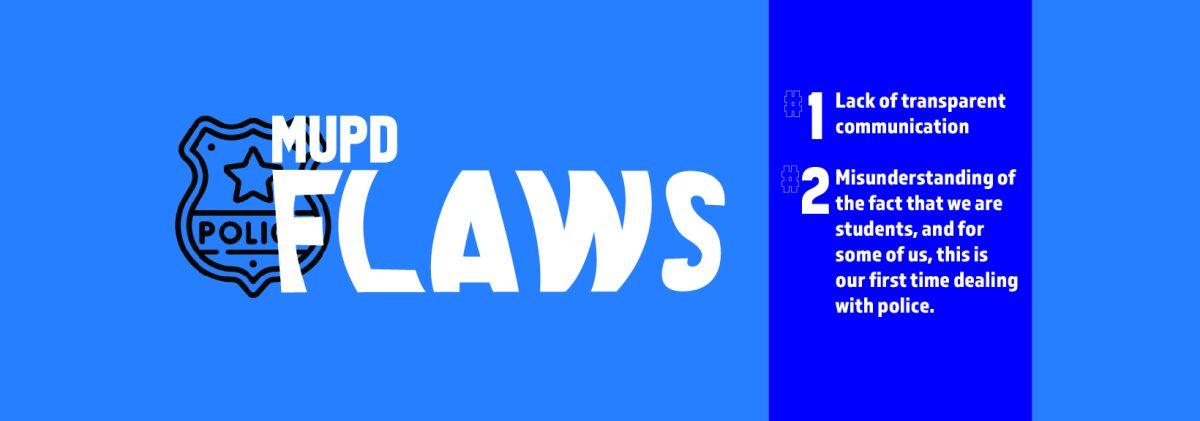For the last several weeks, Jefferson City has been the scene of heated debates about whether the legislature should amend or repeal Proposition B, the “puppy mill” initiative passed by the voters in November. Large numbers of proponents and opponents have forcefully articulated their respective positions-many of them in my office.
When working on difficult, contentious legislative issues, finding a point on which there is common agreement is often helpful. One point on which both the proponents and the opponents of Proposition B agree is that unlicensed dog breeders are a major source of the problem. Both sides have intellectual and practical reasons to oppose unlicensed breeders. Unlicensed breeders are clearly one source of the inhumanely treated puppies that have been responsible for our state’s unfortunate “puppy mill” reputation.
Prop B, as passed by the voters and for which attempts to repeal are underway, applies only to licensed breeders. Left unaddressed is finding the funding to enforce licensing requirements. If unlicensed breeders are a major contributor to the conditions that motivated Prop B supporters, and Prop B opponents likewise see a problem with them, shouldn’t we then address the issue of unlicensed breeders?
While honoring the will of the voters, I have been trying to puzzle out some reasonable and practical solution, or at least partial solution, to the puppy dilemma. Here is one idea. At this point I am not even comfortable calling it a good idea, but I would like to share it with you in order to gain the benefit of your thinking.
What if Missouri were to create a civil action for operating an unlicensed dog breeding facility? That is, a citizen who knew of an unlicensed facility could file a court action against the unlicensed “puppy mill.” The law would specify a maximum number of puppies that one could sell without a permit–for example, 15–or perhaps two litters per year. Thus, people who breed their family pet(s) and sell the puppies would be excluded. Those who sell more than this number would be subject to the licensing requirements.
The only criteria needed to bring suit against an unlicensed operation selling more than the legal limit would be the operator’s lack of a permit. If one operated a facility and sold more than a specified number of puppies per year without a permit, the matter would be regarded as proven. Any citizen could bring the lawsuit. If proven by the court that the individual operated an unlicensed breeding facility, the offending breeder would be ordered to pay a standard, predetermined penalty, perhaps $3000, and the matter would be resolved. There would be no need to prove damages, thus resulting in lower legal fees and less court time.
The money would be divided equally between the person bringing suit and a fund established for the enforcement of dog-breeding regulations. The offending breeder would also be responsible for all court costs and attorney fees. Should a frivolous or malicious suit be filed, the defendant (i.e., the breeder) could recover all costs, legal fees, and a specified fine for bringing a frivolous action.
My inclination would be to “sunset” the law in five years. If this approach effectively addresses the problem, then the law could disappear. If not, the legislature could modify or renew it.
The advantage of such a plan is that the state would not have to depend solely upon already overworked and underfunded animal control officers for enforcement. The legal requirement is simple and well-defined. Does the breeder who sells puppies have a proper permit? If not, the breeder pays.
As I said above, I am not sure whether this is a good approach, but as your state legislator, I figure we’re in this partnership together—I can float an idea and you can tell me what you think. Please do.











